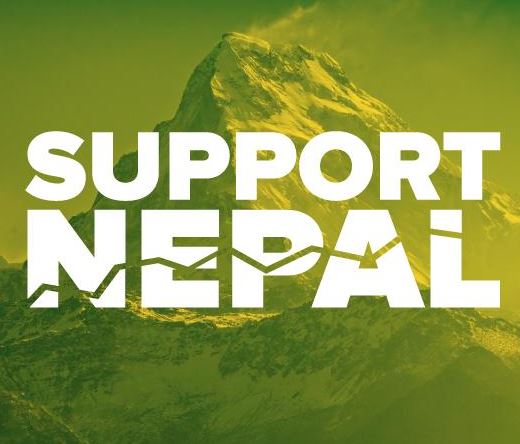Nepal Earthquake
Shelterbox responds, Yardi assists
The devastating earthquake that struck Nepal Saturday has prompted rapid international response to aid the millions of people affected. Thousands of people were killed, with the death toll changing daily, and up to 8 million Nepalese are estimated to be impacted. Shelterbox USA, a disaster support non-profit that is rooted in Rotary volunteerism, immediately dispatched […]

